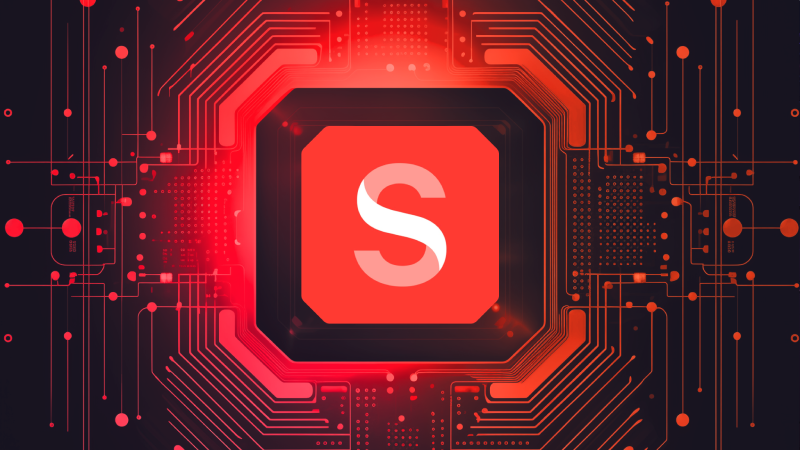Understanding Content Management Systems (CMS)
At its core, a CMS (Content Management System) is designed to simplify the creation, management, and optimization of digital content. By providing a structured way to organize and compose content that powers your website without needing to delve into the codebase.
Content management systems come in all shapes and sizes, from generic one-size-fits-all solutions like Wordpress, to highly specialized solutions like Shopify.
The Limitations of Traditional CMS Platforms
WordPress, for instance, is a CMS you might be familiar with. It has democratized website creation, making it accessible to a wide audience. However, its versatility can sometimes act as a double-edged sword. While it caters to diverse needs, this "one-size-fits-all" approach can limit its potential to be great at solving unique challenges.
In recent years, modern content management solutions have been intentionally built to manage more than just content like articles or blog posts. They now support various data types and are capable of powering everything from native mobile apps to digital menus at fast food restaurants, and even the operational platforms for microbreweries and weather stations.
This evolution reflects a significant shift towards more dynamic and versatile CMS platforms, designed to meet the wide-ranging digital needs of today’s businesses.
Why we don't use Wordpress
While platforms like WordPress have revolutionized website creation by making it accessible to a broader audience, their "one-size-fits-all" approach often falls short when addressing specific, complex needs.
This generalist nature means that while WordPress is adequate for many projects, it is not ideal for all, particularly those requiring advanced customization or scalability.
The use of WordPress in a headless configuration can offer more flexibility, but it's not a first-party solution and comes with significant drawbacks, including the loss of built-in features like themes and most plugins, which are pivotal to its ecosystem.
What makes a CMS headless?
A CMS becomes "headless" when it is designed without a front-end delivery layer. This means the CMS doesn't care about themes, or what the site looks like... it only cares about the content, the data, and the users who manage it.
A headless CMS prioritizes content management and delivery, offering flexibility to create custom, omnichannel experiences that adapt to the digital landscape, moving beyond the constraints of traditional CMS platforms.
Why Use a Headless CMS?
The evolution of digital experiences demands more from a CMS than what traditional platforms can offer. A headless CMS represents a paradigm shift, focusing on data management and delivery through APIs for maximum flexibility across various front-end platforms.
Here's why a headless CMS might be the right choice:
- Flexibility and Scalability: Decoupling the content repository from the presentation layer allows developers to use any technology to display content, catering to the unique needs of each project.
- Omnichannel Delivery: A headless CMS can serve content to websites, apps, IoT devices, and more, ensuring a consistent experience across all platforms.
- Enhanced Performance: Without the overhead of a front-end system, sites can load faster, improving SEO and user experience.
Our CMS Recommendations
Shopify for E-Commerce
Shopify is primarily known as an e-commerce platform, enabling businesses to set up online stores and sell products. While many might not immediately recognize it as a CMS, Shopify provides robust content management capabilities tailored for e-commerce.
Selling online comes with a lot of hidden complexities. Making use of Shopify as a headless CMS simplifies these complex online selling processes, such as payments and order fulfillment, while supporting small and medium businesses with an intuitive backend.
By using Shopify in a headless manner, we harness its powerful e-commerce functionalities while customizing the frontend for a unique user experience, granting us complete creative control over website design and additional features.
Sanity for Everything Else
Sanity is a headless CMS built from the ground up to offer a flexible, structured content system. It goes beyond traditional content management by serving as a complete database for any internet-connected project, from websites to mobile apps.
Sanity stands out for its ability to empower us as developers to focus on what makes each project unique, without the need to rebuild the basics. Its rich set of tools and customizable content studio enable us to deliver tailored content solutions, ensuring each project can stand out in the digital landscape.
Why Not Both?
Embracing the best of both worlds, Sanity and Shopify offer a special integration called "Shopify Connect". This feature syncs data between the two platforms, enabling businesses to leverage Shopify's e-commerce capabilities alongside Sanity's flexible content management system.
Moving Beyond WordPress
While WordPress has its place in the digital ecosystem, we don't recommend WordPress for projects that require a high degree of customization or scalability. Instead, exploring a headless alternative to WordPress, such as Sanity, can unlock new possibilities for creating tailored, efficient, and engaging digital experiences.


